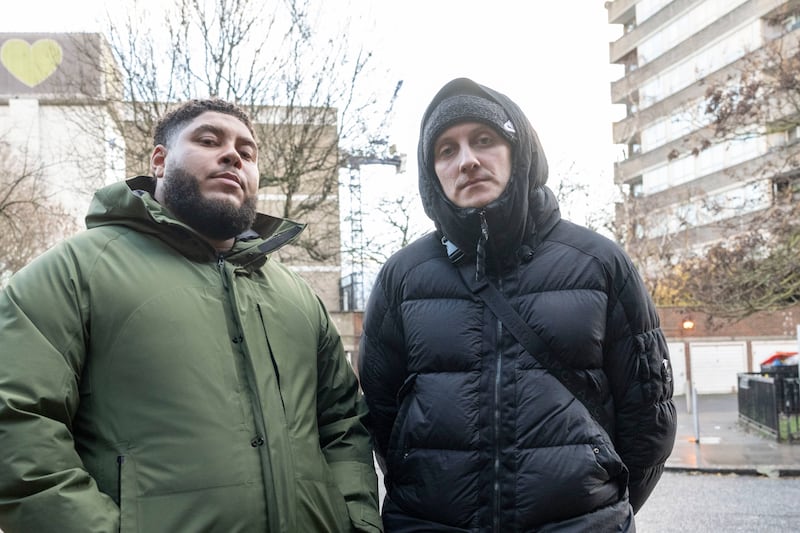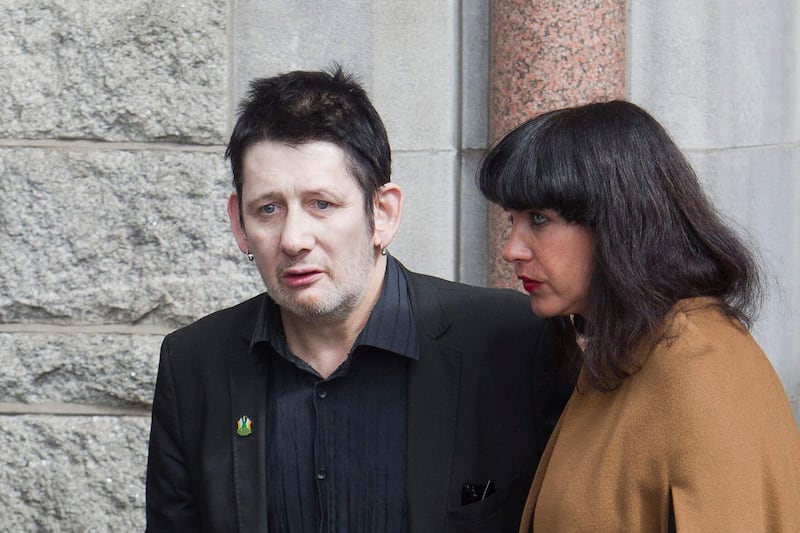CHILDREN benefit hugely from learning to make music – not only from the joy music can bring to them and others, but also from the way music-making can boost wellbeing, academic attainment and personal development.
On a happy note, research by the Royal Philharmonic Orchestra has shown the majority of children – nine out of 10 – would like to learn a musical instrument, with band instruments like the guitar (45 per cent ), piano (36 per cent) and drums/percussion (35 per cent) being most popular. Yet further research by Ofsted last year found more than two-thirds of parents don't think music is covered sufficiently in their child's education.
In a bid to highlight these points, BBC Teach is running Bring the Noise (bbc.co.uk/bringthenoise) – an educational campaign aimed at helping primary school teachers and parents inspire children to become musicians and see the joys of music-making.
Musicians and artists including singer Zara Larsson, music legend Nile Rodgers, saxophonist YolanDa Brown and world-renowned percussionist Dame Evelyn Glennie are supporting the campaign. Alice Webb, director of BBC Children's and Education services, says: "With the help of some of the biggest names in music, our partners, school teachers and parents, we'll get young feet tapping across the country and build a love of music from early years."
The campaign is aimed at children between the ages of four and seven and offers free educational resources on the Bring the Noise website. These include a suite of catchy child-friendly songs, lesson plans and films for teachers, and a new digital interactive tool – Bring the Noise: Play It! – that's easy to use in the classroom and at home.
In addition, YolanDa Brown has just launched a new series called Found Sounds with YolanDa Brown on the Bring the Noise website. Aimed at Key Stage 1 children, the five-part series demonstrates that you don't need fancy instruments to make music, as Brown visits familiar locations to discover the sounds made by everyday objects in the environment, which can inspire her team of Mighty Music Makers to create an instrument.
"Music education, and access to good music education is paramount," she says. "Music inspires, teaches teamwork, is an outlet for expression and a whole lot more. Every child should have access to music-making opportunities to create and absorb music."
Here, Brown explains why music education is so good for children...
It helps them learn
Music can be used to teach so much, from maths to science and even physical education with dance and movement. It's important to be creative when teaching music and to understand that it's also benefiting other areas of learning and development.
It encourages teamwork
Playing instruments together, whether in a band or an orchestra or singing in a choir, is one of the most powerful experiences you can have. The idea of working together and realising that your part – no matter how small or large, loud or subtle – is important to make the song work, is so fulfilling.
It allows children to dream
Children are the heartbeat of every generation and it's important that we nurture them and teach them to dream. Music provides escapism and allows the listener to dream. Children need to know everything is possible in life and be given the opportunity to dream, before society adds boxes and ceilings.
Especially at a young age, they're free to enjoy music with all its purity and sincerity, before they start to understand chart positions and social network numbers, as that becomes a gauge sometimes to the authenticity of the music.
It creates discipline
Learning music, especially if you play an instrument, creates discipline. You learn to look after your instrument, cleaning it after use. It also teaches you to be dedicated to practice and personal development.
It boosts confidence
There is such pride and a sense of achievement that comes from learning music to perform in from of family and peers. The feeling is just mind-blowing.
It increases coordination
In a similar way to sports, playing an instrument helps children develop their motor skills, with improved hand-eye coordination.
It improves listening
Making music requires children to listen to sounds and process them. They have to respond to tempo, pitch, other players and more. This skill of listening will help in all walks of life.
It teaches patience
To learn an instrument, you have to be very patient and endure a lot of false starts and overcome the regular "I can't do it" that might crop up a few times. The learning process is a lifetime journey, as you're constantly developing and growing on your instrument.
Children learn a lot of patience in the early stages of their introduction to music and the feeling of overcoming a musical stumbling block or nerves at a performance are priceless.








